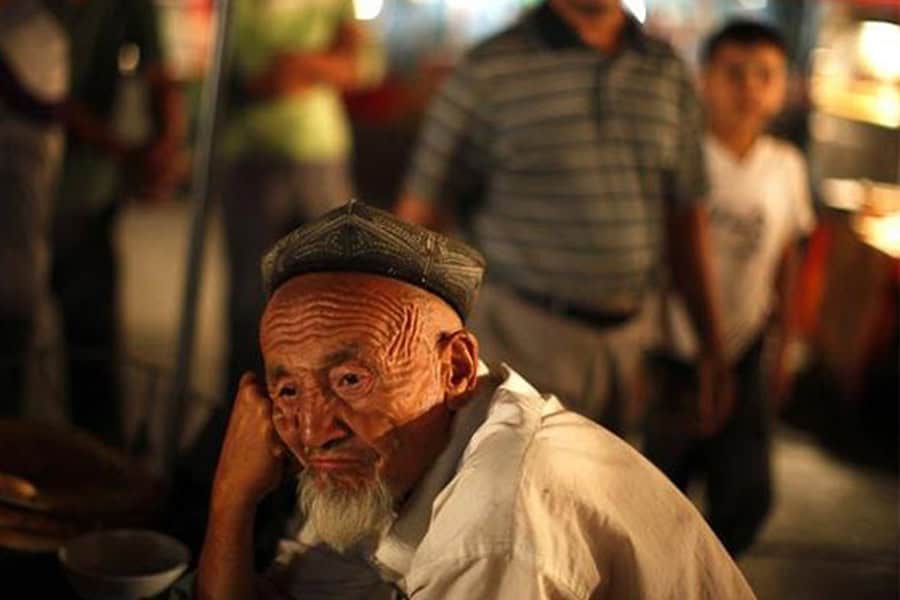BEIJING: Authorities in the Chinese capital Beijing has ordered halal restaurants and food stalls to tear down Arabic, Islamic, Halal signs.
The move is part of a national effort to “Sinicise” the country’s Muslim population, agencies have reported.
–Take down Islamic sign–
Employees at 11 Beijing restaurants and food stalls selling halal products told Reuters that government officials had instructed them to remove symbols associated with Muslim religion and replaced them with a Chinese equivalent term.
Symbols or signs include the word “halal” written in Arabic, the crescent moon should be removed or cover up the signage from view.
“They said this is foreign culture and you should use more Chinese culture,” said the manager, who does not want to be named due to the sensitivity of the issue.
According to the Meituan Dianping food delivery app, Chinese capital has at least 1,000 halal shops and restaurants and is not clear if every such restaurant were given the same instructions.
-“Sinicise Islam”–
The crackdown against taking down of Arabic script and Islamic images is the latest in a string of attempts to expand the national effort to “Sinicize” its Muslim population.
The campaign to “Sinicise Islam” began in 2015 to make it compatible with Communist Party doctrine.
China is home to over 20 million Muslims. Islam, one of the five officially recognized religions in China and the Arabic language, first came in the seventh century.
-Muslim crackdown-
The unease was not only towards Islam but as well at Christianity. The authorities shut down Churches and torn down crosses.
But Chinese Muslims have drawn particular ire following a riot in 2009 between mostly minority Muslim Uighur and majority Han Chinese.
In response, China detained an estimated 1.5 million Muslims – mostly from the Uighur ethnicity.
They have labelled the mass detentions and surveillance of Muslims minorities in “re-education camps” as “a crackdown on terrorism” for which the Chinese authorities are facing intense criticism from Western nations and rights groups.

